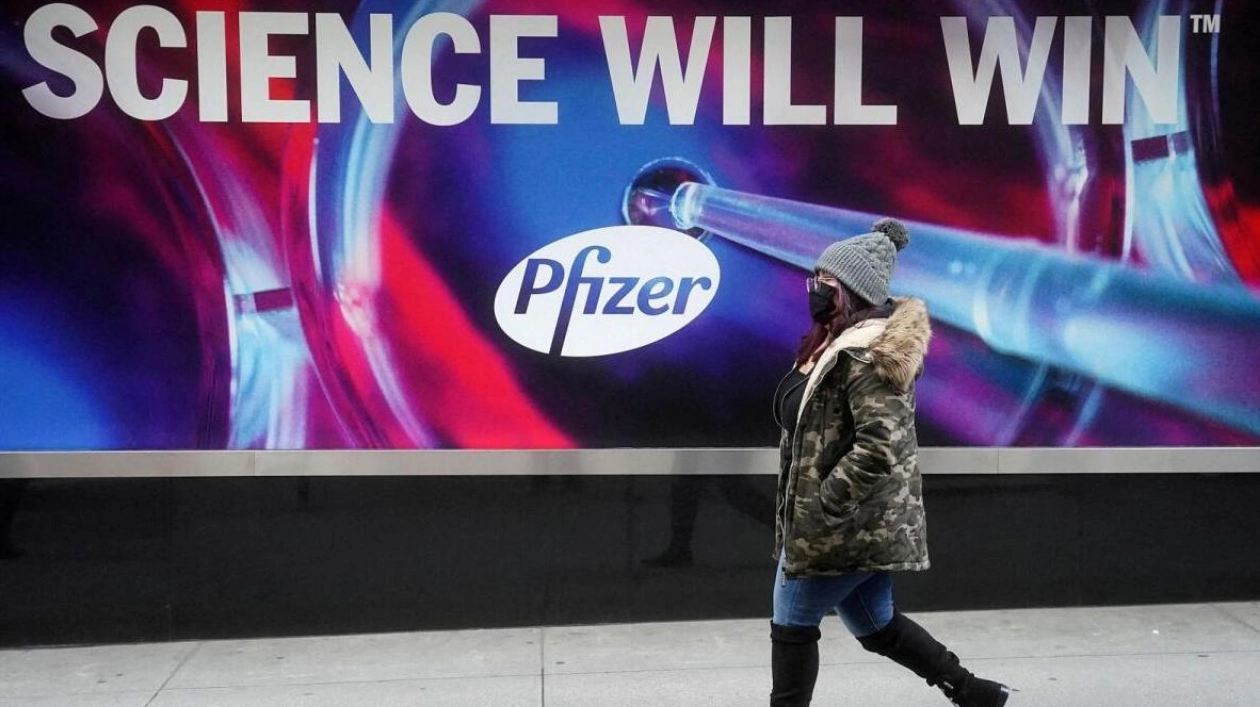Pfizer announced on Thursday that it intends to initiate clinical trials for a revised, once-daily version of its weight-loss medication danuglipron later this year, following the discontinuation of a twice-daily formulation late last year.
This new medication is part of the second generation of weight-loss treatments being developed by companies such as Eli Lilly and Novo Nordisk, offering a more convenient option compared to injections. Some market analysts predict that the weight-loss drug sector, currently led by Novo Nordisk's Wegovy and Eli Lilly's Zepbound, could exceed $150 billion in annual revenue by the early 2030s.
The pharmaceutical giant did not specify a precise development schedule for the drug. It plans to test various doses of the reformulated drug in the latter half of this year before proceeding to clinical trials. Pfizer had previously announced its focus on developing the new version of danuglipron after discontinuing the twice-daily version due to high dropout rates and significant side effects like nausea and vomiting in its mid-stage trial.
The company had also abandoned another daily weight-loss drug, lotiglipron, due to safety issues that included elevated liver enzyme levels in some patients. JP Morgan analyst Chris Schott noted in a research note that Eli Lilly's experimental weight-loss pill holds a substantial lead in market entry over Pfizer's, and he remains concerned about potential side effects.
He suggested that the drug might have a limited role unless more information is provided about the tolerability of the new formulation. Pfizer's shares increased by 2.8 percent to $29.14 in pre-market trading. The stock closed at $28.35 on Wednesday and has declined by more than half since reaching $61 in December 2021, primarily due to a sharp drop in sales of its Covid-related products and investor concerns about its drug pipeline, including lotiglipron.
Pfizer reported on Thursday that early study results support a once-daily dosing regimen, with no observed elevations in liver enzymes among over 1,400 healthy adult participants. GLP-1 drugs, initially developed for type 2 diabetes, imitate the action of the GLP-1 hormone to control blood sugar, slow digestion, and reduce appetite. Other companies involved in developing next-generation weight-loss drugs include Amgen and Viking Therapeutics.
Sales of Pfizer's Covid-19 vaccine and treatment have significantly decreased from their pandemic highs, prompting CEO Albert Bourla to seek growth through newer drugs. The company also announced on Tuesday that Chief Scientific Officer Mikael Dolsten will resign after over 15 years with Pfizer.






